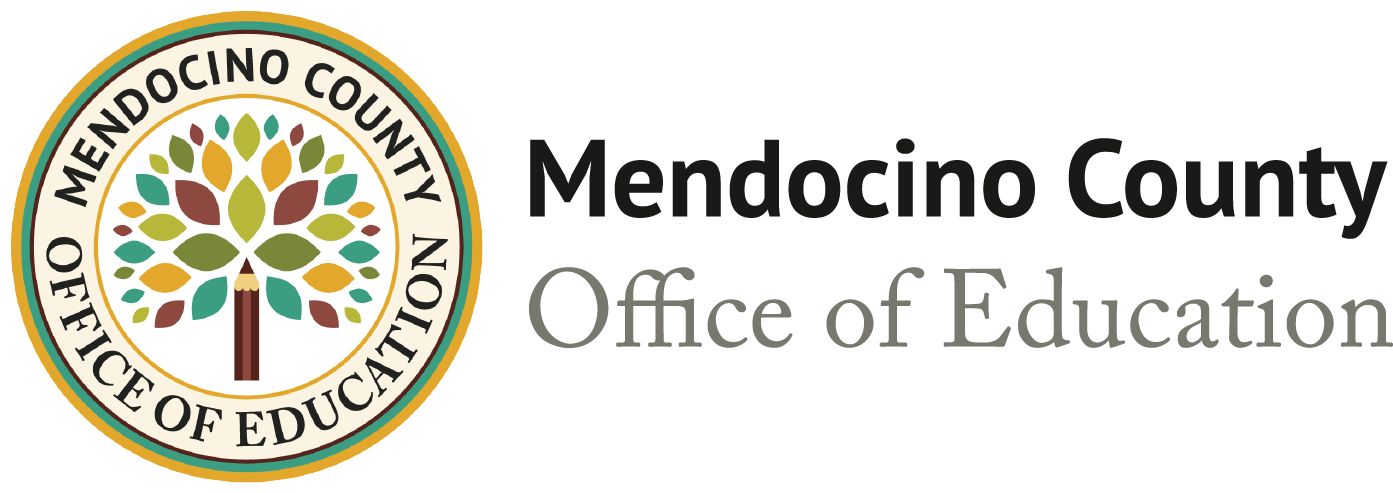
Science & Environmental Literacy
Science and environmental literacy are essential for fostering curiosity, critical thinking, and the skills needed to address real-world challenges.
MCOE is committed to supporting schools and teachers with resources, professional learning, and strategies to inspire student engagement and empower them to build a sustainable future.
Science
A high-quality science education means that students will develop an in-depth understanding of content and develop key skills—communication, collaboration, inquiry, problem solving, and flexibility—that will serve them throughout their educational and professional lives.
Within the Next Generation Science Standards (NGSS), there are three distinct and equally important dimensions to learning science. These dimensions are combined to form each standard—or performance expectation—and each dimension works with the other two to help students build a cohesive understanding of science over time.
- Crosscutting Concepts - Overarching understandings of Science
- Science and Engineering Practices - How to do Science
- Disciplinary Core Ideas - The facts of Science
Curriculum & Instruction
Environmental Education and Environmental Literacy
Environmental Education (EE) and Environmental Literacy in California’s K-12 schools equip students with the knowledge, skills, and attitudes needed to understand and address environmental challenges while fostering a deep connection to the natural world. EE integrates disciplines such as science and social studies, emphasizing experiential learning, systems thinking, and local-to-global perspectives to build awareness and promote action-oriented solutions. Environmental Literacy extends this foundation by enabling students to critically analyze the interconnected relationships between natural systems and human societies, make informed decisions, and engage in sustainable practices. Together, EE and Environmental Literacy prepare students to become informed stewards of the environment and active participants in creating equitable, resilient, and sustainable communities.
Teachers can support environmental literacy by helping students to understand and apply the EP&Cs across academic disciplines and in the real world.
The EP&Cs examine the interactions and interdependence of human societies and natural systems. Students and teachers need not memorize the five environmental principles and 15 supporting concepts. Rather, they are “big ideas” intended to inform standards-based instruction and fuel student inquiry. Teachers can support environmental literacy by helping students to understand and apply the EP&Cs across academic disciplines and in the real world. More information is available through this California Department of Education (CDE) Environmental Principles and Concepts web page.
The CREEC Network is a program of the California Department of Education. The CREEC Network is a network supporting the environmental literacy of California’s students by providing teachers with access to high quality environmental education resources.
The California Environmental Literacy Initiative (CAELI) is a collective action network that seeks to ensure access to high-quality environment-based learning for all California’s TK–12 students.
Services
- Professional Learning
- Coaching for educators
- Curriculum review, piloting, adoption and implementation support
- Thought partnership or support for Site Leaders
Resources
- Science Framework 2016
California Department of Education's recommendations for how to teach K-12 Next Generation Science Standards using classroom snapshots, descriptive lesson vignettes, and examples of engineering-based projects. - San Diego County Office of Education Science Resource Center
Guidance for educators as they implement the California Next Generation Science Standards (CA NGSS). Includes a assessment toolkit to support educators at the district and classroom level in designing and implementing curriculum-anchored formative and summative assessment tasks that align with the NGSS and California's system of assessments. - The Wonder of Science
Various resources developed by Paul Andersen and other science teachers implementing the Next Generation Science Standards* (NGSS) - The Exploratorium Teacher Resource Page
Digital collections and tools designed to spark curiosity, exploration, and understanding, both in the classroom and out in the world.

Main Contacts

Education Services Specialist

Director - Learning and Enrichment
This site provides information using PDF, visit this link to download the Adobe Acrobat Reader DC software.

